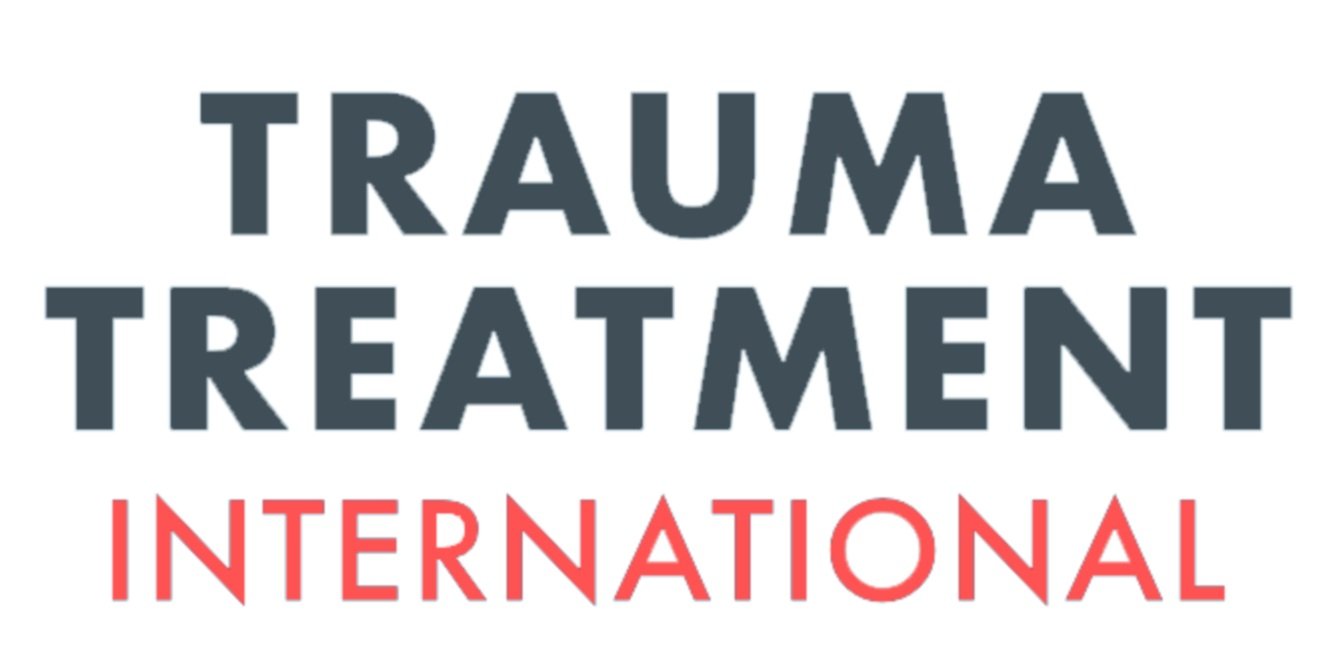Football, Injuries and post-match PTSD
Earlier this week I wrote an article on the potential fallout from the injury sustained by Andre Gomes during a football match last Sunday. As this article is behind a paywall - I thought it important to get the message out to a wider audience, and specifically highlight how traumatic events can lead to Post Traumatic Stress Disorder (PTSD), or not.
Whilst PTSD is popularly seen as being a phenomena affecting mainly military veterans, it can actually stem from a broad range of traumatic experiences and affect anybody. For example, the players, teams and supporters watching last Sunday’s match were exposed to a traumatic event - which could trigger PTSD.
But not in all cases.
Processing any traumatic event will involve some symptoms such as flashbacks and nightmares, especially within the first few weeks after the event. Whilst support and counselling are integral elements to recovery - the best initial counselling is informal peer support. It is when these symptoms continue unabated, when someone has a prior history of trauma, and there is little or no community support that someone may then go on to develop PTSD.
Professional therapy is a powerful tool, however it has to be employed when it is most needed and most effective. In certain professions, such as football, and indeed the military (to a much greater degree) - individuals are trained to expect some level of injury and are therefore likely to have developed more resilience to traumatic events.
The more traumatic events a person is exposed to, the more likely it is they will develop PTSD. However, the more they expect and are prepared for adversity, the more protected they are.
For military personnel, their level of risk of developing and incidence of PTSD is because of the frequency and nature of the traumatic events they are exposed to. Overall, military personnel are far more prepared than the average person against developing PTSD to a particular event such as combat but because they may be exposed to a higher number of incidents the overall risk increases. The more traumatic events a person is exposed to, the more likely it is they will develop PTSD. However, the more they expect and are prepared for adversity, the more protected they are.
In the case of those witnessing the events last Sunday, the players are likely to source strong peer support from each other and their risk is mitigated to some extent by being mentally prepared for some injury and, if needed, easy access to counselling services on offer from the football clubs. Whilst fans may be triggered by past experiences, their personal distance from the player can provide a buffer. Rallying around and talking about what they saw and experienced on Sunday is the first and best line of defence.
*a very different version to this article first appeared in The Telegraph on Monday 4th November. https://www.telegraph.co.uk/football/2019/11/04/players-saw-andre-gomes-injury-risk-post-traumatic-stress-disorder/ (paywall)
Dr Brock Chisholm is a co-founder of Trauma Treatment International and Clinical Psychologist.
